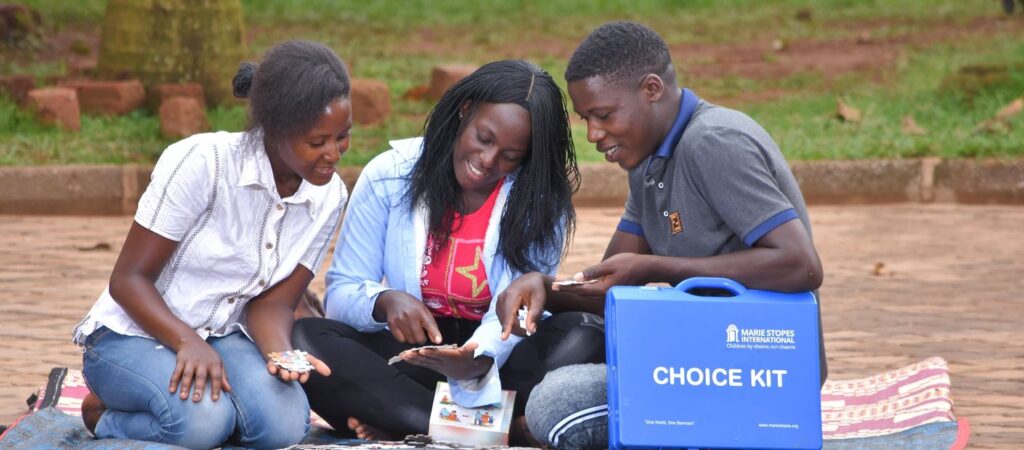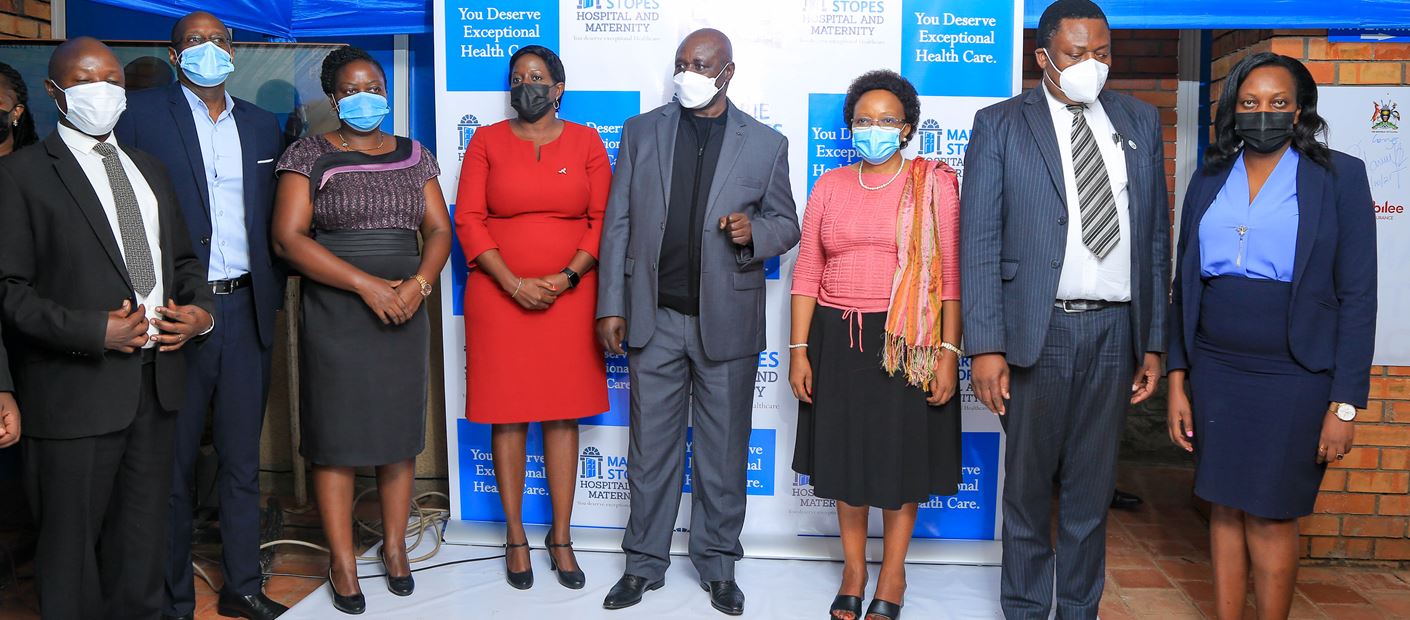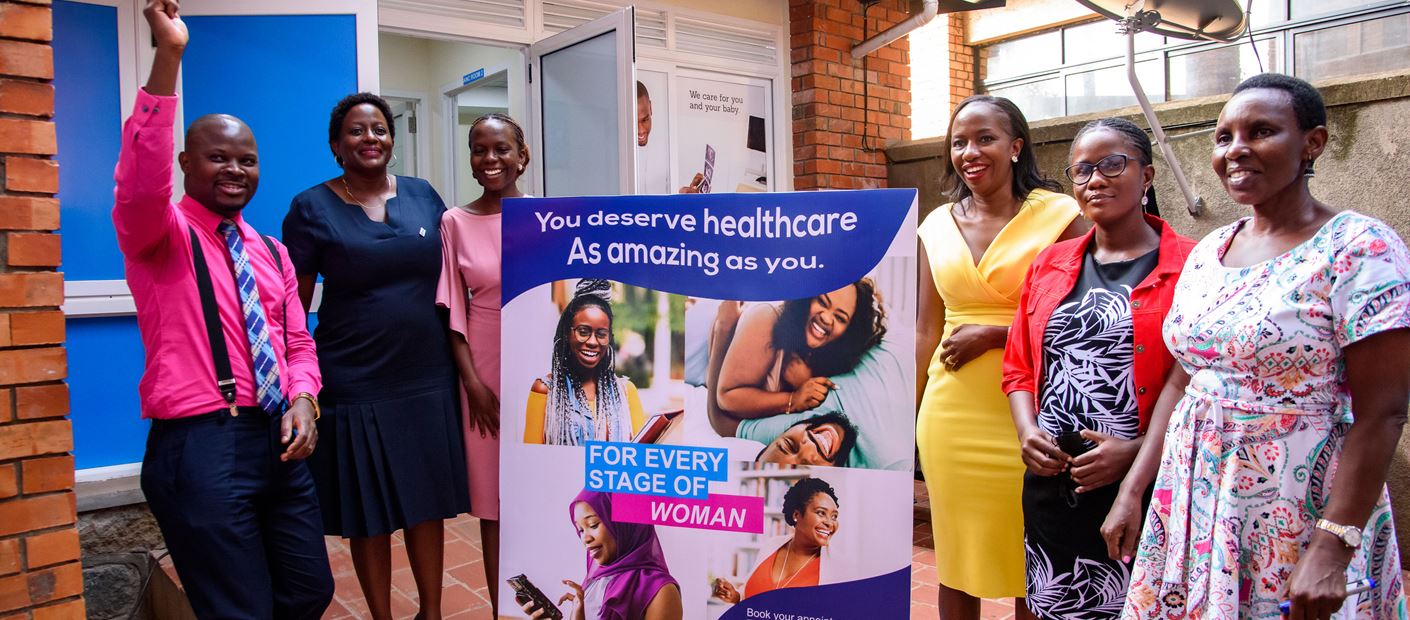
As Uganda joins the rest of the world in commemorating International Women’s Day 2023, we must strengthen our commitment to forging a better working world – one that’s more gender-inclusive, and where we honour women’s accomplishments and existence in general.
This year’s theme is “DigitALL: Innovation and Technology for gender equality” To achieve gender equality and the empowerment of all women and girls, we, at Marie Stopes Uganda, believe that we should continue investing in family planning services to ensure equitable access to high-quality and affordable Sexual Reproductive Health (SRH) services including contraception.
Family planning allows individuals and couples to anticipate and attain their desired number of children and the spacing and timing of their births. It is achieved through the use of contraceptive methods and treatment of involuntary infertility. It is central to gender equality and women’s empowerment. When women and girls have the power to decide if and when to get pregnant, they can pursue their education, and careers, and create safer, healthier families and communities.
According to the World Health Organisation report 2020, among the 1.9 billion Women of reproductive age group (15-49 years) globally in 2019, 1.1 billion needed family planning; of these, 842 million are using contraceptive methods, and 270 million have an unmet need for contraception.
Speaking to Dr Peter Ddungu, the Deputy Country Director at Marie Stopes Uganda, he pointed out,
“Unintended pregnancies take a devastating toll on women and girls leading to nearly 700,000 unintended births a year, unsafe abortions, maternal injury, and as well as death.”
Uganda’s Maternal Mortality Ratio is still high at 336 per 100,000 live births driven by low modern contraceptive prevalence. 34.9% of all women surveyed in the most recent survey by Performance Monitoring for Action (2022 Survey Results) had had unintended pregnancies in the 12 months preceding the survey. The proportion of unintended pregnancies among 15-19 olds was even higher at 62.9%.
Dr Peter also noted,
“For Uganda to contribute to reducing the global maternal mortality ratio to less than 70 per 100,000 live births, we need to collectively work towards achieving the 6 pillars of Safe Motherhood which also recognise family planning as its first pillar. Others being antenatal care, obstetric care, post-natal care, post-abortion care and STD/HIV control.”
He referred to a UNFPA (2022) report which indicated a return of $8.4 for every $1 invested in family planning.
Walking the talk.
Florence Enyogu who is part of Marie Stopes’ pool of nurses and midwives (Maries Stopes Ladies) has this to say,
“Investing in family planning is a good investment towards the achievement of women empowerment. To reduce unintended pregnancies in my community, I have had to move door to door sensitizing and providing family planning services to people in Naluwerere town council”
Marie Stopes’ 2030 vision is bold: By 2030, everyone will have access to contraception. We are leaving no one behind! We have taken a deliberate step and commitment to partner with the Ministry of Health to fill gaps in SRH service provision, reaching the most marginalized and underserved communities that have no alternative access. Our service channels include 29 Mobile Outreach teams, 124 Social Franchises,15 MSUG clinics, and a Marie Stopes Hospital and Maternity, and through these channels, we enabled 1,212,019 men and women to access modern contraception.
For us to achieve universal health coverage of SRHR, we need to collectively work on the 5 objectives of the FP2030 Commitments; increase the modern contraceptive prevalence rate (mCPR) for all women, commit to allocating at least 10% of Maternal and Child Health (MCH) resources to adolescent responsive health services, ring-fence 50% of the domestic resources allocated for procurement, warehousing and distribution of FP commodities, improve FP data quality and improve quality of FP counselling.








